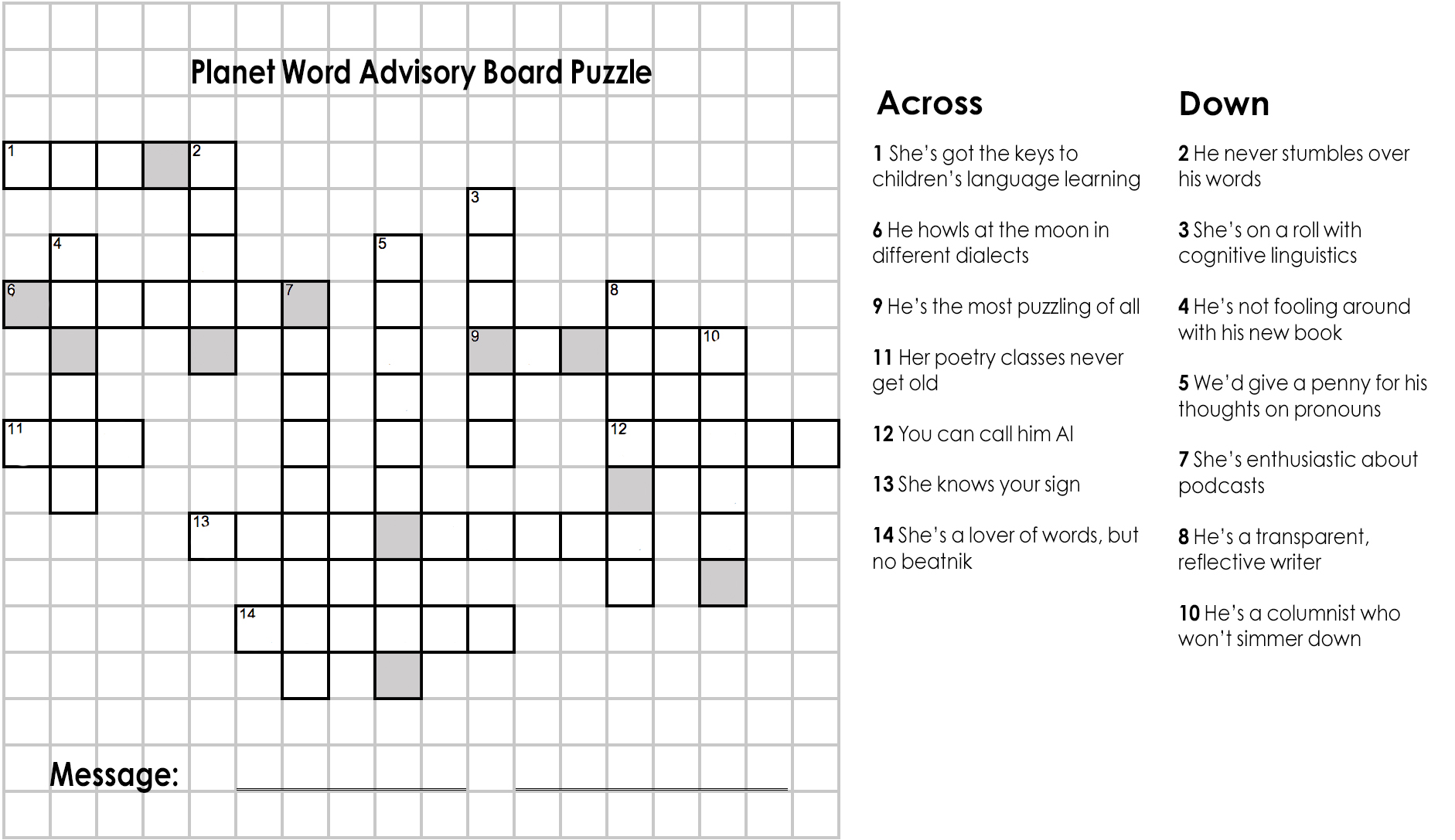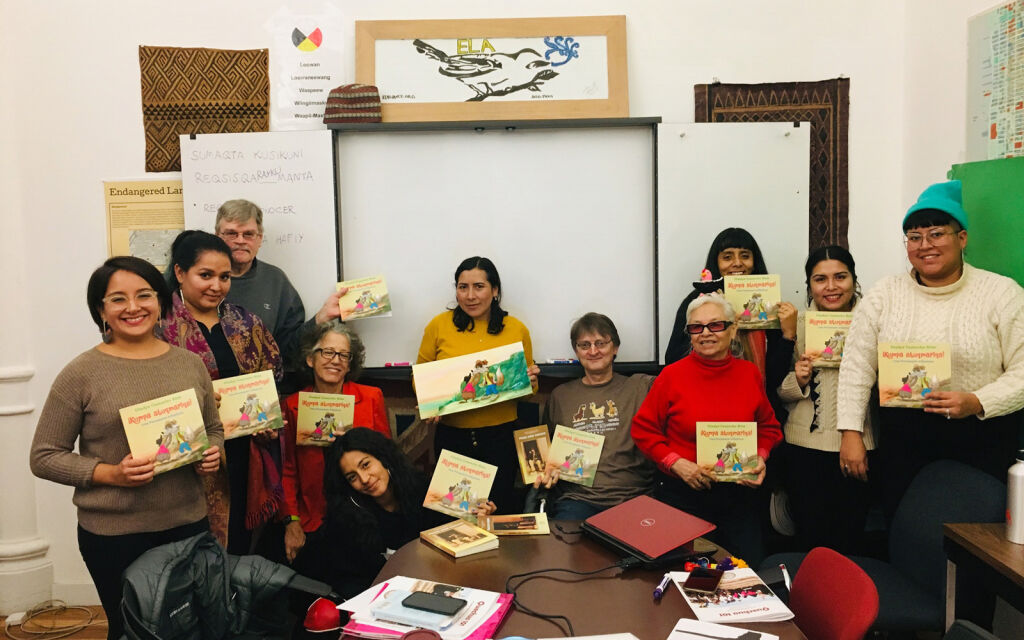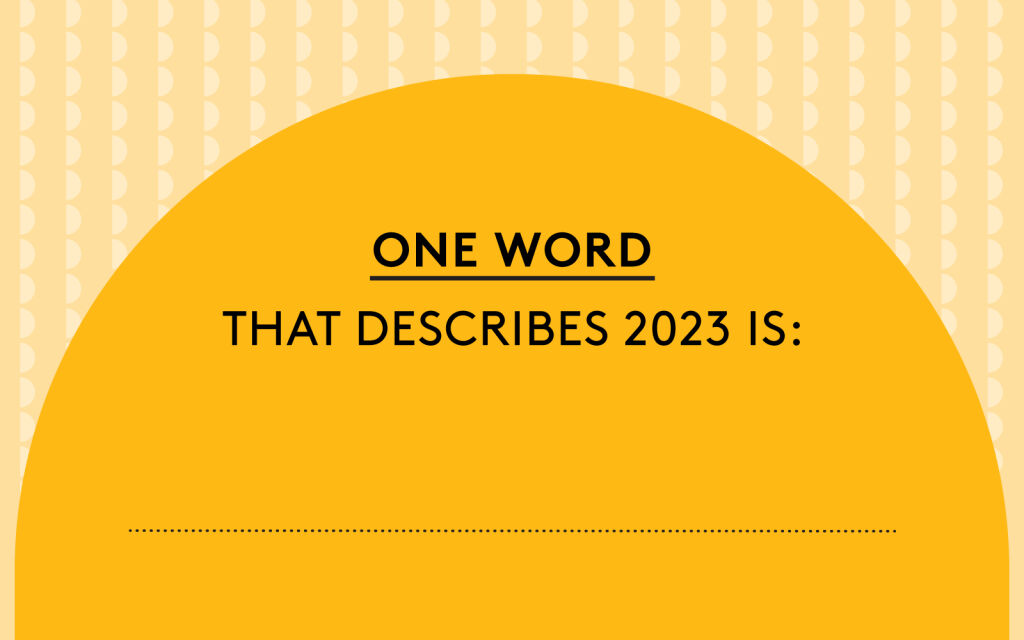Five Obscure(ish) Words for Crossword Puzzlers
Crossword puzzles have changed a lot in the past 25 years. Older puzzles were commonly filled with vocabulary that was almost never encountered outside of crosswords — things like ESNE (“Anglo-Saxon slave”), ULU (“Inuit knife”), ANOA (“Celebes ox”), and INEE (“Arrow poison”). Such answers are called “crosswordese,” and you simply had to know them to be good at crosswords.
Nowadays it’s rare to see outright obscurity like this in puzzles. Crossword constructors try hard to use only answers that most solvers know. Computer software and databases of approved vocabulary now aid in creating better puzzles.
Still, a few not-so-common words show up with surprising frequency even in high-quality puzzles. Because they’re short and vowel-heavy, they’re very hard for constructors to avoid. If you do crosswords much, the following five words will be very useful to know.
1. ALEE
“Away from the wind, nautically” or “Out of the wind”; sometimes clued more enigmatically as “On the safe side” or “How a ship’s sails may be positioned.”
2. ERN or ERNE
“Sea eagle,” “White-tailed bird,” or “Fish-eating raptor.”
3. ETUI
“Needle case,” “Sewing case,” or (slightly harder) “Needle holder”; it’s also a “French CD holder,” although even that meaning now has become passé.
4. OGEE
“S-shaped molding,” “Curved molding,” or “Kind of arch.”
5. OLIO
“Mishmash,” “Miscellany,” “Mélange,” “Potpourri,” or “Hodgepodge.”
Will Shortz is the crossword editor for the New York Times, an advisor to Planet Word, and the world’s first and only enigmatologist.
Ready to take on a crossword puzzle for yourself? Our Digital Media Manager has created a puzzle for you based on the members of our advisory board. The answer to each clue will be a last name, and the full list of Planet Word advisors can be found here. When you’re done, unscramble the shaded squares for a hidden message!



